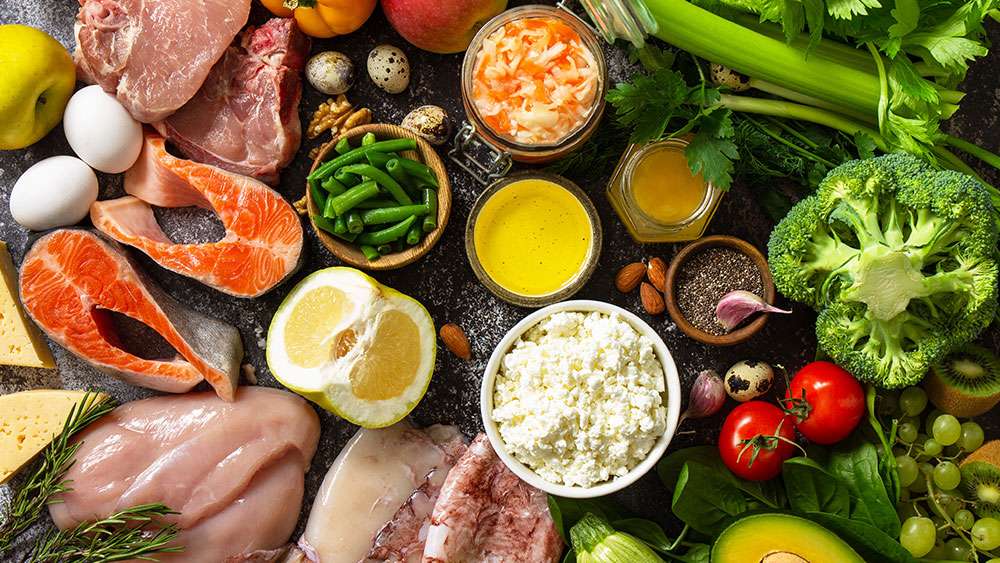Chronic pain affects millions of people worldwide, making daily activities challenging and reducing overall quality of life. While medications and physical therapy play essential roles in pain management, nutrition is often overlooked as a key component in reducing inflammation and promoting healing. A well-balanced diet can support the body’s ability to manage pain and improve overall well-being. Here’s how nutrition can help manage chronic pain effectively.
1. Anti-Inflammatory Foods
Inflammation is a significant contributor to chronic pain, especially in conditions like arthritis, fibromyalgia, and neuropathy. Consuming anti-inflammatory foods can help reduce swelling and discomfort.
- Fruits & Vegetables – Berries, leafy greens, tomatoes, and bell peppers contain antioxidants that fight inflammation.
- Healthy Fats – Avocados, olive oil, and nuts provide omega-3 fatty acids, which have anti-inflammatory properties.
- Fatty Fish – Salmon, sardines, and mackerel are rich in omega-3s, which help reduce joint pain and stiffness.
- Turmeric & Ginger – These spices contain compounds that have been shown to lower inflammation and ease pain symptoms.
2. Avoiding Pro-Inflammatory Foods
Just as some foods help fight inflammation, others can worsen it. Reducing the intake of these foods can help minimize chronic pain flare-ups.
- Processed & Fried Foods – Fast food, chips, and packaged snacks contain trans fats and refined oils that promote inflammation.
- Refined Sugar & Carbs – White bread, pastries, and sugary drinks spike blood sugar levels and trigger inflammatory responses.
- Excessive Red Meat – While some red meat can be part of a healthy diet, consuming too much—especially processed meats—can increase inflammation.
3. Hydration & Its Role in Pain Management
Dehydration can exacerbate muscle cramps, joint pain, and headaches. Staying well-hydrated helps keep tissues lubricated and supports cellular repair.
- Aim for at least 8 glasses of water per day.
- Herbal teas and infused water with lemon, cucumber, or mint can be refreshing alternatives.
- Avoid excessive caffeine and alcohol, as they can contribute to dehydration.
4. The Importance of Gut Health
A healthy gut microbiome plays a crucial role in reducing inflammation and supporting immune function, both of which are essential for managing chronic pain.
- Probiotic Foods – Yogurt, kefir, sauerkraut, and kimchi help maintain a healthy balance of gut bacteria.
- Fiber-Rich Foods – Whole grains, legumes, and vegetables support digestion and reduce systemic inflammation.
5. Nutritional Supplements for Pain Relief
Certain vitamins and minerals can aid in reducing pain and improving overall function.
- Vitamin D – Essential for bone health, low levels of vitamin D have been linked to increased pain sensitivity.
- Magnesium – Helps relax muscles and reduce cramps, especially for those with fibromyalgia or migraines.
- Omega-3 Supplements – If you’re not consuming enough fatty fish, an omega-3 supplement can provide similar anti-inflammatory benefits.
Final Thoughts
Managing chronic pain through nutrition isn’t about a quick fix—it’s about making sustainable dietary changes that support long-term health. By incorporating more anti-inflammatory foods, staying hydrated, and paying attention to gut health, you can help your body combat pain naturally. Always consult a healthcare professional before making significant changes to your diet, especially if you have a chronic condition. A well-nourished body is better equipped to handle pain, heal from injuries, and maintain an active, fulfilling life.

